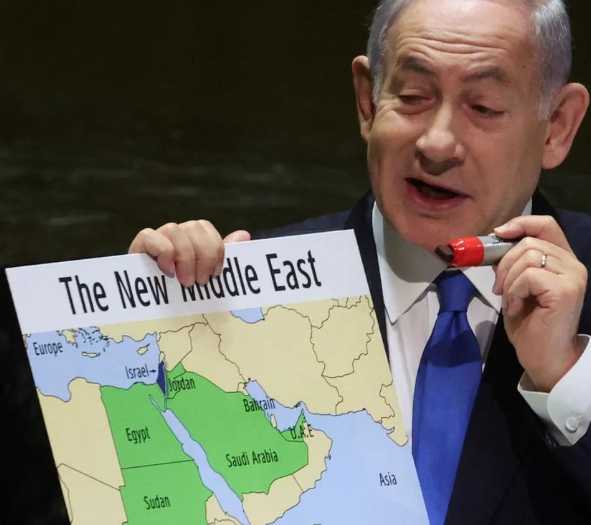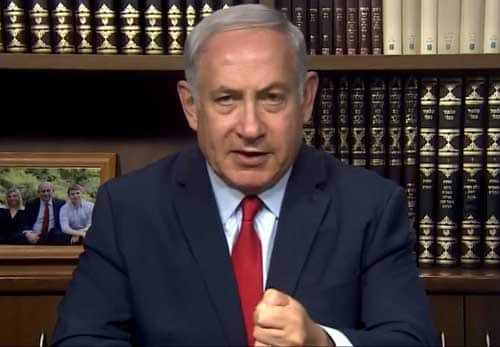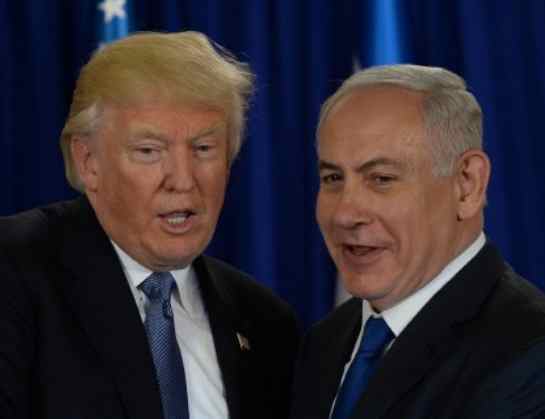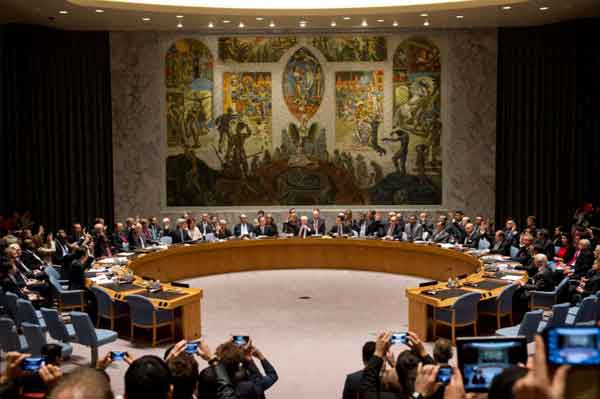Israeli Prime Minister Benjamin Netanyahu has agreed to a political deal forming a government of national unity with the leading opposition party and canceling plans to hold early elections.
Mr. Netanyahu told reporters he decided to form the unity government with the centrist Kadima party early Tuesday to restore political stability without going to elections.
He said a wide national unity government with Israel’s largest opposition party is good for security, the economy, for society and for the people of Israel.
The new coalition has 94 members, or more than three-fourths of the parliament, and is the largest coalition in the country’s history.
Under the deal, Kadima leader Shaul Mofaz – a former army chief and defense minister– becomes vice-prime minister and joins Mr. Netanyahu’s powerful inner cabinet.
Mofaz, who had been highly critical of the prime minister, says such a government is needed to face Israel’s many challenges.
He said the unity government will enable Israel to confront security challenges and threats from any region. He said this will be done in a considered and responsible way, but will keep Israel’s right to defend itself any time and any place, from within and from outside.
Israel has threatened military action to stop what it believes is Iran’s effort to make nuclear weapons. Iran denies it is building a nuclear bomb and says it will retaliate, raising fears of a region-wide conflict.
The surprise announcement of the political deal in Israel came two days after Mr. Netanyahu called for early elections because of a widening split in his rightist coalition.
The coalition, headed by the prime minister’s Likud party, was increasingly divided over a controversial law that exempts Ultra-Orthodox Jews from national service, and over the proposed dismantling of some illegal Jewish housing units in the West Bank.
The Netanyahu government is also facing a bruising battle over proposed cuts in next year’s budget.
And it is facing international pressure to revive the stalled peace talks with the Palestinians.
Mr. Netanyahu has called on Palestinian leaders to return to negotiations without pre-conditions. The Palestinians say Israel first must stop new construction in the occupied West Bank and release all political prisoners.
Mofaz said he thinks he could help re-start the talks. “I have some ideas about how we can move forward in order to achieve understanding with the Palestinians,” he said. “But my idea [is] based on borders and security arrangements first. And I will speak with the prime minister.”
Israeli political analyst Amit Segal said Mr. Netanyahu did not really want early elections but also did not like being dependent on right-wing parties that are often the power brokers in Israeli politics.
“Netanyahu got the best bargain ever in the history of Israeli politics,” said Segal. “He got the largest party in the Knesset for the price of one deputy-prime minister [post] and that’s all, almost for free.”
Recent public opinion polls indicated Kadima would lose more than half of its seats in parliament if the elections were held today.
The polls indicated Likud would win any new elections but Mr. Netanyahu faced bruising battles with right-wing members of his coalition.
Source: VOA News






